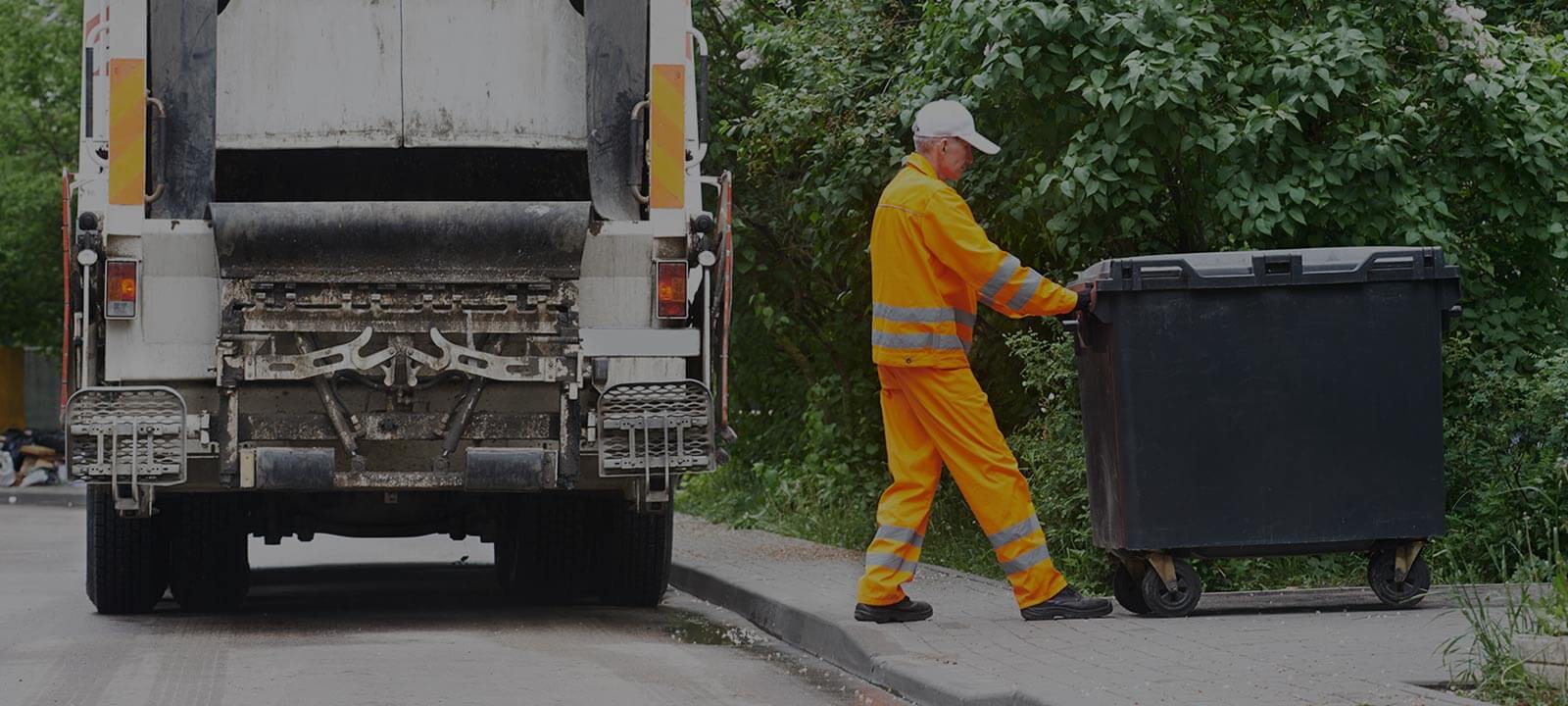Tracking our Distance to Achieving a Zero Waste Festival
Posted on 14/03/2025
In recent years, the concept of zero waste has gained widespread attention as a viable solution for creating a more sustainable future. Its principles revolve around reducing the amount of waste sent to landfills, incinerators, and the environment by aiming for the complete elimination of waste through responsible resource management. This ideology has been adopted by various industries and events across the globe, including music festivals. However, tracking our distance towards achieving a zero waste festival is crucial to ensure that we are making significant progress in our sustainability efforts. In this article, we will delve into the challenges, strategies and takeaways for creating a zero waste festival.
Challenges
Organizing a zero waste festival comes with its unique set of challenges. One of the biggest obstacles is educating and mobilizing attendees to participate in sustainable practices. It requires a shift in mindset from traditional methods of event management to more environmentally friendly ones. Coordinating with vendors and sponsors who align with the same vision also poses challenges as it may limit options and increase costs.
Another issue is sorting through waste in post-event clean-ups. Since recycling and composting require proper separation of materials, inadequate waste management can lead to contamination and ultimately end up in landfills or harm the environment. Additionally, implementing new technologies and systems for waste management can be costly and time-consuming.
![]()
Strategies
Despite these challenges, there are several strategies that event organizers can adopt to track their progress towards a zero waste festival. The first step is to conduct an audit of previous events' waste streams to identify areas for improvement. This allows organizers to set realistic goals and measure their performance over time.
Another effective strategy is engaging attendees through education and incentivization schemes. This could include setting up recycling stations with clear instructions, offering discounts on reusable items such as water bottles or providing rewards for properly sorted waste.
Working closely with vendors to source sustainable materials and packaging is also crucial in achieving a zero waste festival. This could involve using biodegradable or compostable products and working with local suppliers to reduce transportation emissions.
Takeaways
Organizing a zero waste festival is not a one-time event; rather, it requires continuous efforts and improvements. Event organizers should be open to feedback and continuously monitor their progress to identify areas for improvement. Engaging with the community and stakeholders can also provide valuable insights and garner support for sustainable practices.
Another important takeaway is the impact of collaboration and partnerships in achieving a zero waste festival. By working closely with vendors, sponsors, and attendees, event organizers can create a more significant impact and set an example for other events to follow.
Pros and Cons
The idea of a zero waste festival brings numerous benefits to the environment, communities, and event industry as a whole. By reducing our reliance on landfills and incinerators, we can significantly reduce our carbon footprint and preserve natural resources. Creating more sustainable events can also promote economic growth through job creation in the green sector.
However, organizing a zero waste festival comes with its own set of challenges. The initial costs of implementing new technologies and systems may be higher compared to traditional methods. It also requires significant efforts in educating and mobilizing attendees, which may not always yield immediate results.
![]()
Tips
Here are some tips for organizers looking to track their progress towards creating a zero waste festival:
1. Start small: Begin by focusing on one aspect of waste management such as recycling or composting before expanding to other areas.
2. Engage with stakeholders: This includes attendees, vendors, sponsors, and the local community. Their feedback and involvement are crucial in implementing successful sustainable practices.
3. Continuously measure progress: Keep track of waste streams from previous events and set realistic goals to measure performance over time.
4. Be open to feedback and improvement: As with any new initiative, there will be challenges and room for improvement. Listen to feedback and continuously strive to do better.
Conclusion
In conclusion, tracking our distance towards a zero waste festival is crucial in ensuring that we are making meaningful progress towards a more sustainable future. Event organizers can overcome challenges by implementing effective strategies, engaging with stakeholders, and continuously monitoring their performance. By working together towards this common goal, we can create a cleaner, greener and more responsible event industry. Let's take the first step towards creating a zero waste festival today.
Latest Posts
Reusing for Resource Conservation
Industry applauds government's dedication to improving e-waste recycling practices






